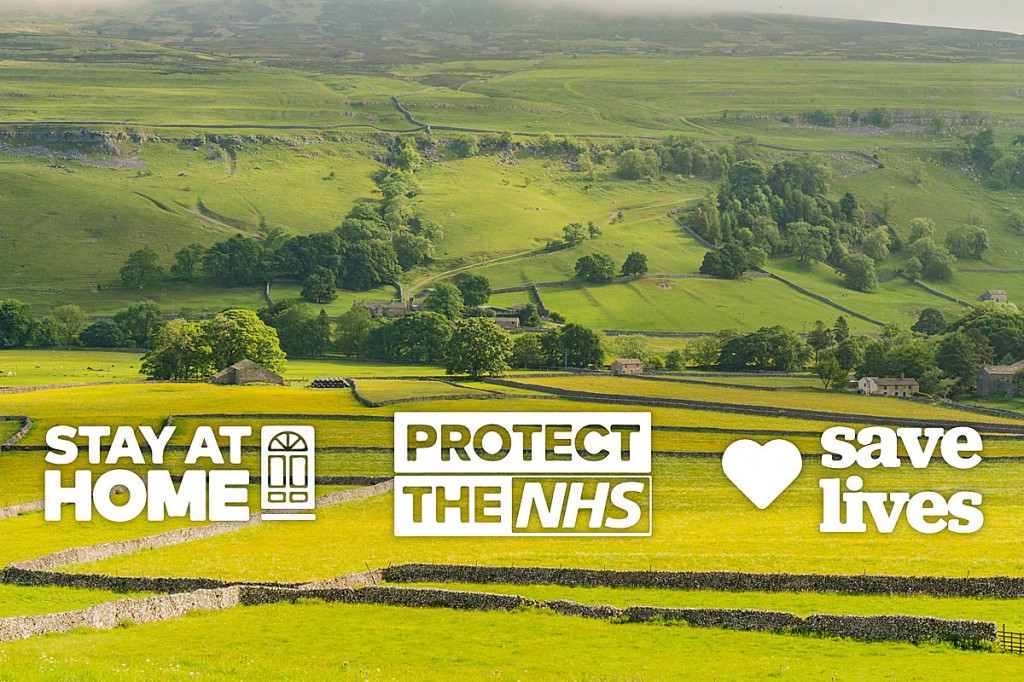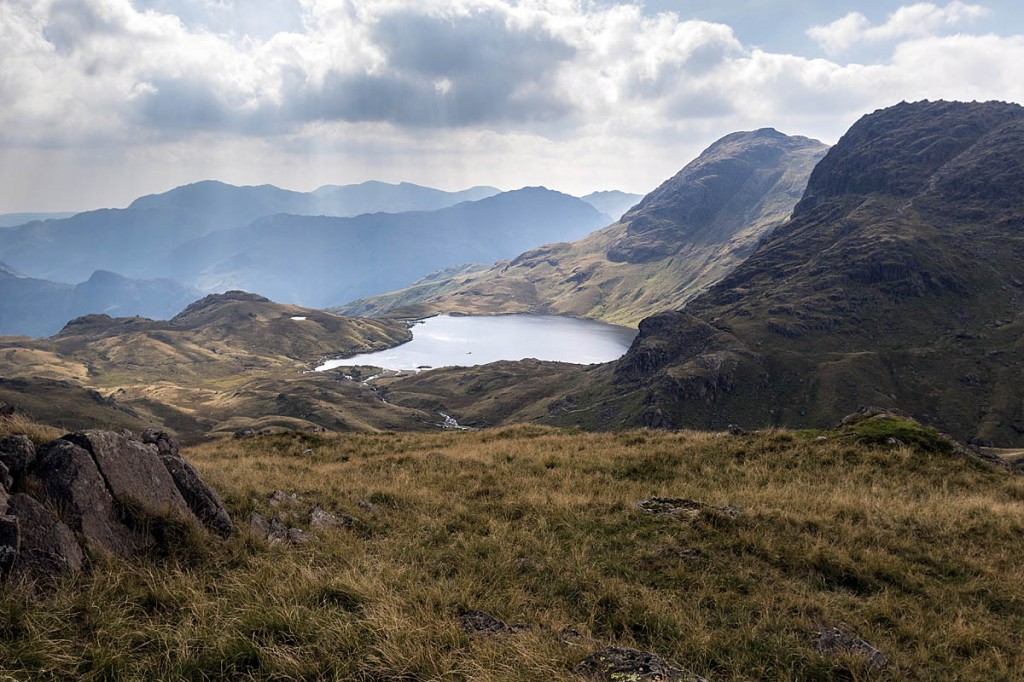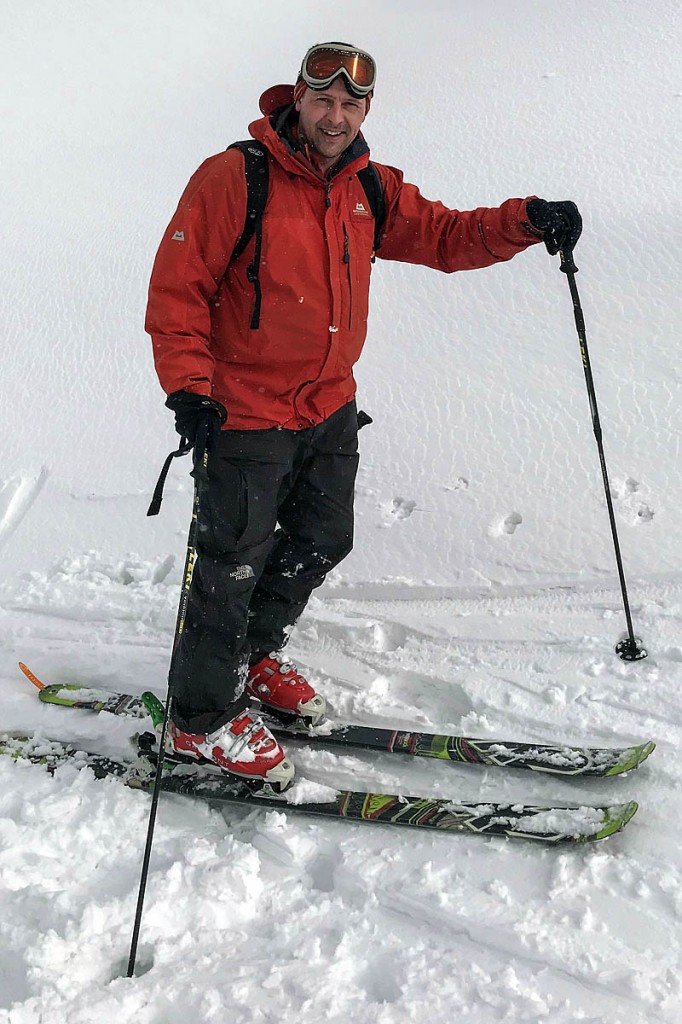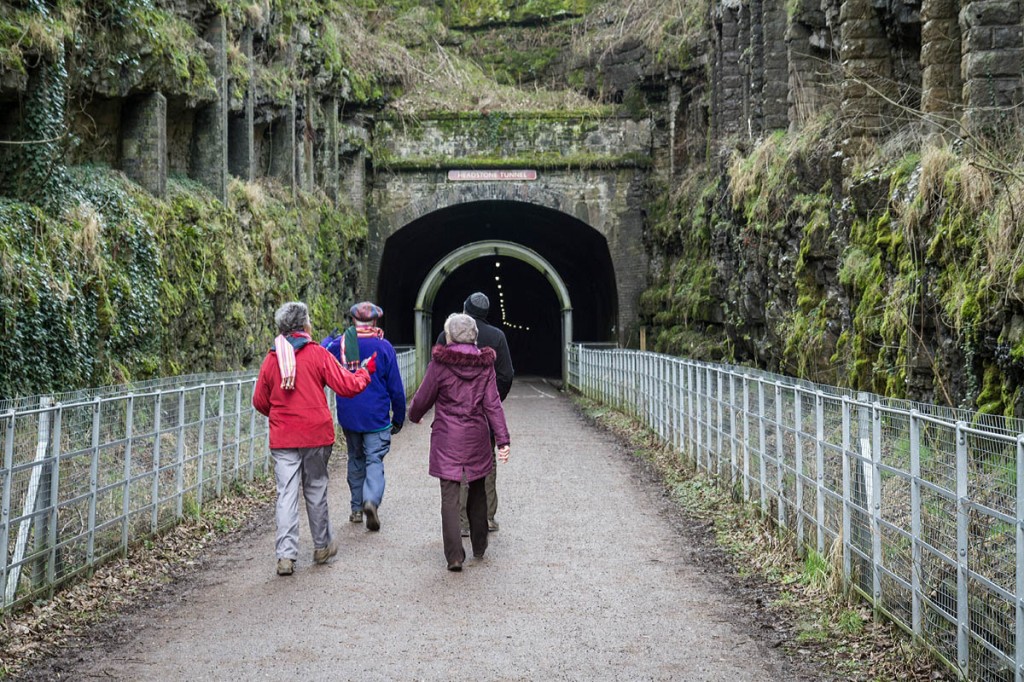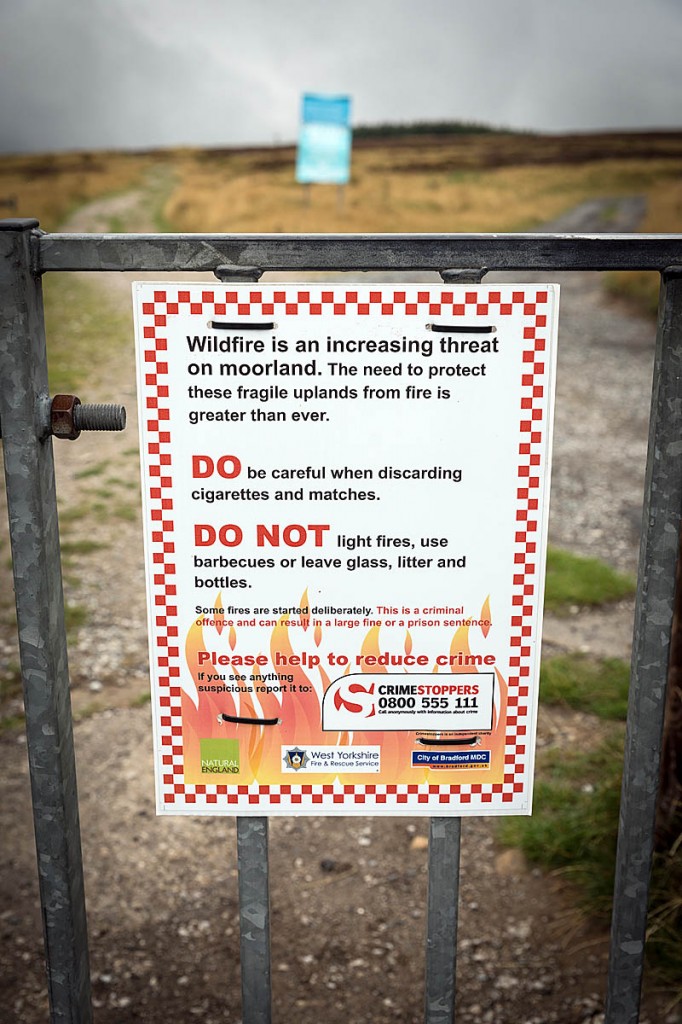A concerted effort is underway to dissuade the public from breaking government coronavirus guidelines on visiting the countryside over the Easter weekend.
National parks and other organisations are pleading with people to stay at home to help prevent the spread of Covid-19 and put NHS services at risk.
Police have been quizzing vehicle occupants heading for normally popular areas such as north Wales, the Lake District, Brecon Beacons and Yorkshire Dales.
Dyfed-Powys Police said it will be conducting spot checks on its roads to ensure only those who need to travel are doing so.
The Welsh Government has confirmed the current UK-wide lockdown, which permits only essential travel, would be extended beyond the Easter bank holiday weekend.
North Wales Police Chief Constable, Carl Foulkes said: “Traditionally during the Easter period it is a very busy time in north Wales and we normally welcome many visitors to the area.
“However, due to the challenge we are facing during this Covid-19 pandemic our message to the public is to stay home and help protect our NHS during this difficult time.
“Our police officers will be out patrolling across the Easter period, both on our roads and in our busy communities, both engaging and spreading that message with the public.
“However, where people do not comply, then we will direct people to go home, and, if necessary, we will issue a fine.”
Despite the government guidelines being in place for almost three weeks there is still a small minority who are ignoring these rules, the force said.
Cumbria Constabulary’s Chief Constable Michelle Skeer, said: “I am very proud of the manner in which the vast majority of Cumbrians have conducted themselves in recent weeks, during this unprecedented public health emergency. The Government has asked us, the public, to make substantial changes to the way we live our lives and in Cumbria, with few exceptions, this message has been heeded and followed.
“The message has gone out loud and clear from Cumbria that this is not a time for tourists to be travelling to the county. My officers will be on patrol, in all areas across the county, particularly in the traditional popular areas and gathering spots.
“Where they come across people travelling from other areas to spend the bank holiday in Cumbria, or people not following the social distancing guidelines, they will engage with them, explain the guidance and encourage people to go home, only as a last resort where reason fails, enforcement action will be taken.
“To local people, I urge you to continue to stay home to save lives. Continue to follow the guidance, only leave your home if it is essential and when exercising.”
Mountaineering Scotland also backed the call not to head for the hills at the weekend. The organisation, which represents mountaineers and hillwalkers in Scotland, asked people, no matter how keen, to put their plans on hold.
Chief executive Stuart Younie said: “Many of our members have been walking and climbing throughout the winter, but for many this is normally their first return to the hills after a long lay-off, and is eagerly anticipated.”
However, he urged everyone to show restraint and follow the advice from the Scottish Government, which is to stay at home, going outside only for essential food, health and work reasons
The current guidance means avoiding non-essential travel. However, Mountaineering Scotland said it actively encourages members to continue taking daily exercise and to get outside for health reasons in their local area, in accordance with the updated advice.
- Stay local – do not travel in your car to take exercise; make use of the paths, open spaces and quiet roads in your own local area
- Maintain your distance – stay at least 2m away from other people and if possible, try to avoid busy times on popular paths or places
- Respect the health and safety of farmers and others working the land – follow all reasonable requests and signs to avoid particular areas, such as farmyards, fields with pregnant or young livestock, and other busy working areas
- Keep your dog under control – put them on a lead or keep them close at heel and do not let them approach other people or livestock
- Avoid contact – try to avoid touching surfaces and if possible, plan a route that does not require you to open gates.
Mountaineering Scotland said it is actively engaged with Scottish Natural Heritage and other partners on the impact of the current heath crisis on access rights, and welcomes the commitment made to the development of further guidance in consultation with key stakeholders.
The body is looking to ensure that when the restrictions are lifted people are able to safely get back to enjoying the freedoms – and responsibilities – associated with Scotland’s access legislation.
Stuart Younie said: “I’d like to thank all our members who have been acting responsibly and staying local in accordance with the current guidance.
“It has been encouraging to hear that for the second weekend running we have had no reported mountain rescue callouts and we hope this will continue until restrictions are lifted.
“We know it’s important during this period that people can continue to get outside for exercise and health reasons and the statement today from the cabinet secretary on access rights and responsibilities is a step in the right direction. We also welcome the commitment to developing further guidance in consultation with key stakeholders.”
The Yorkshire Dales National Park Authority appealed for the public to resist the temptation to visit loved ones or visit green spaces, and to stay at home to save lives.
Chief executive David Butterworth said: “Don’t be the person that thinks: ‘I’ll pop to the Dales because it’ll be quiet’. Don’t be the person that thinks: ‘It’s Easter, we can stay at the holiday house’. And don’t be the person that thinks it’ll be fine to come cycling with friends.
“We heard these excuses last weekend and it’s unacceptable. The public must not make unnecessary trips to, or around the national park, whether visitor or local. Our ranger service will be out this Easter weekend supporting North Yorkshire and Cumbria Police to encourage people to heed this advice.”
In the Peak District, the national park authority said its national park ranger patrols, in partnership with the police and other agencies, have consistently recorded a significant drop in visitors since government restrictions were put in place on 23 March.
Visitor activity trackers at locations, such as the popular Monsal Trail near Bakewell, have been recording around a 90 per cent drop in numbers, with the remaining volume expected to be some of the national park’s 38,000 residents taking recommended daily exercise.
A spokesperson for the national park said: “Our ranger patrols have been heartened by the quiet scenes experienced in the Peak District in the last couple of weeks and, where we have spoken to occasional visitors arriving by vehicle, they have understood the message and headed home.
“With Easter often an important family time and so many of us now restricted in our communication with others, we know the temptation will be there alongside the warm weather to meet up with loved ones and friends.
“The best possible Easter gift we can all give is to work together as individuals and as a whole community to reduce the impact on the front line workers giving their time and, in some cases their lives, to look after us all.”
National park ranger teams will be patrolling throughout the Peak District’s 555 sq miles during the bank holiday break, along with providing a presence in local communities.
Dartmoor National Park Authority chief executive Kevin Bishop said: “At this time of year we would usually welcome people to Dartmoor but as we continue to all do our bit to limit the spread of coronavirus, we are strongly advocating that people stay at home and help protect our rural communities.
“We are pleased to say the vast majority of people have responded incredibly well and are grateful to everyone who has chosen to take daily exercise from home.
“At this time of national emergency you can do your bit by being a ‘home hero’ – resist the temptation to travel to Dartmoor or other beauty spots, exercise locally. Then, when this is all over, you will be able to say you did your bit to protect yourself, your loved ones, your community and the nation.
“We continue to work with police, local councils and other partners to look after our staff, volunteers and local communities.
“We understand that, as the bank holiday weekend arrives, staying at home may be tough, but it’s worth remembering this situation is temporary. Dartmoor has stood for thousands of years and will remain here for many more to come.
“When the time comes, everyone will be given a warm, enthusiastic Dartmoor welcome and we look forward to seeing people reconnect with this special landscape.”
The Moorland Association, which represents many landowners and managers of grouse moors and other upland in England and Wales, appealed to the public not to head for the moors while an increased fire risk exists.
It said the unseasonably warm weather conditions have dried out the uplands greatly increasing the chance of wildfires. There has already been a spate of wildfires across England over the past month diverting the attention and resources of the emergency services away from battling the coronavirus.
Director Amanda Anderson said: “Our members are committed to do their bit. It is vital we still have boots on the ground – keeping a keen watch for wildfires and being the rapid response to any that break out. There have already been several near misses over the past month – where the quick actions of local gamekeepers have prevented wildfires from spreading.
“It is essential however that members of the public follow government instructions and stay at home and away from the moors over the Easter weekend. Our hard-pressed emergency services are needed to save lives not tackle wildfires or deal with people flouting both Covid-19 restrictions and the law by dumping rubbish.”
The association also urged local authorities to keep open key waste recycling centres, where it is possible to maintain social distancing, to dissuade fly-tipping, including combustible materials. This was in accordance with guidance issued to authorities on Wednesday by the Department for Environment, Food and Rural Affairs.
The UK Government said on Thursday that 7,978 people who had tested positive for Covid-19 had died in hospital.
